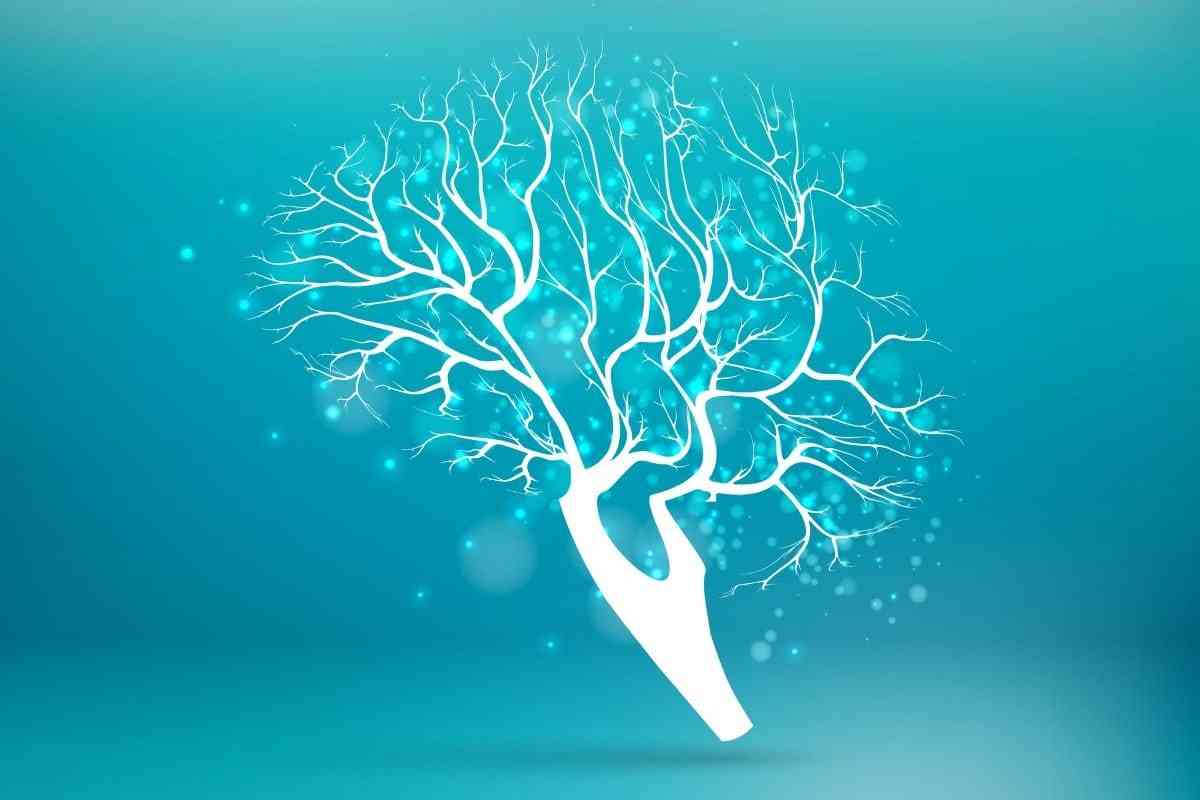
The conversation around mental health, while increasingly vital, is fraught with stigma and misunderstanding. This issue becomes even more pronounced within Asian cultures where shame, denial, and silence often surround mental health topics. From Japan's stoic corporate warriors to the Philippines' resilient islanders, from China's one-child policy generation to the South Asian diaspora worldwide, the stigma is deeply ingrained and crosses boundaries. Yet it's in recognizing and addressing these cultural nuances, which is where Supportiv's online chat becomes helpful, that we can begin to shift from shame to strength.
Unpacking the Stigma: Understanding Its Roots
To start addressing the stigma, it's necessary first to comprehend its roots. The Asian culture has a rich tapestry, influenced heavily by the principles of Confucianism, Buddhism, Hinduism, and other indigenous belief systems. Core values such as family honor, collective harmony, self-discipline, and stoicism have come to define many Asian societies. These values have shaped the perception of mental health, often discouraging open discussions and help-seeking behaviors.
For instance, in many types of Asian cultures, mental health problems are perceived as a family or personal failure and a cause for shame. A family with a member suffering from a mental disorder is often stigmatized, leading to social isolation. This pressure to conform and save face can prevent individuals from admitting they have a problem and seeking help.
Moreover, the concepts of mental health in these cultures can be quite different from the Western definition. Many Asian cultures may not distinguish mental health from physical health or personal character. This view can cause people to ignore or misunderstand mental health symptoms, leading to delayed or inadequate treatment.
Changing the Narrative: Role of Education and Advocacy

To overcome mental illness stigma, the narrative around mental health in Asian cultures needs a significant overhaul. Education and advocacy are vital tools in this shift.
Educational efforts should aim to increase understanding and awareness of mental health, debunking common myths and misconceptions. It should emphasize that mental health disorders are not a sign of weakness or a personal failing but are medical conditions that require care and treatment, just like physical health issues. It should also stress the importance of seeking professional help and highlight the availability of resources and treatments.
Advocacy efforts should aim to promote openness and inclusivity. They can take the form of public campaigns, personal stories, and role models from within the community. High-profile individuals, like athletes, celebrities, or influential figures who have experienced mental health issues, can play an important role in breaking the silence and stigma. Their stories can help others understand that they are not alone and that it's OK to seek help.
Balancing Traditional Values with Modern Approaches to Mental Health
In the endeavor to address mental health stigma in Asian cultures, it's essential to acknowledge and respect the deeply-rooted traditions and beliefs that shape these societies. These traditional values can coexist with modern perspectives on mental health, creating a balance that is both respectful of culture and progressive in its approach to mental health.
For instance, the concept of “collective harmony” prevalent in many Asian societies can be leveraged in promoting community-based support systems for mental health. Collective support groups or communal healing sessions could foster a sense of unity and collective strength in dealing with mental health issues, helping to reduce feelings of isolation and stigma.
On the other hand, traditional concepts like ‘saving face,' which often leads to avoidance of mental health discussions, can be redefined to fit a healthier narrative. In this new narrative, “saving face” could mean taking care of one's mental health to uphold personal and family well-being. This approach involves an essential shift in thinking — viewing mental health not as a source of shame but as an integral part of overall health and wellness.
Overcoming Language and Communication Barriers
Language and communication play a crucial role in mental health care. Often, mental health terminology doesn't translate well into many Asian languages, causing misunderstandings and perpetuating stigma. Consequently, addressing language barriers is a key step toward facilitating better mental health awareness and care in Asian societies.
This effort could involve developing culturally-specific mental health lexicons that accurately and sensitively describe different mental health issues. These lexicons should be easy to understand, devoid of negative connotations, and should respect the cultural nuances of each Asian language.
Moreover, mental health professionals should be trained in effective cross-cultural communication. This training should aim to enhance understanding and empathy, enabling professionals to communicate mental health information more effectively to their Asian clients.
NOTE: You can find a therapist or counselor for you via a referral, Google search, or Lifeline chat. You can rest easy knowing that your personal information will be protected under a doctor-patient confidentiality agreement.
Encouraging Government and Policy Support
Government and policy support is pivotal in fighting the mental health stigma in Asian cultures. Governments can enact policies that support mental health awareness, treatment, and prevention. This support could take the form of investing in mental health infrastructure, integrating mental health care into primary health care systems, and promoting mental health education in schools and workplaces.
Furthermore, anti-discrimination laws can protect individuals with mental health conditions from discrimination and marginalization, reinforcing the message that mental health issues are not a cause for shame or exclusion.
Amplifying Voices: The Power of Personal Stories

Personal stories have a unique power to break down barriers and foster understanding and lessons people can learn. When individuals share their experiences with mental health issues, they humanize these issues, making them more relatable and less stigmatized.
Therefore, encouraging more Asian individuals to share their mental health journeys is a powerful strategy for overcoming stigma. These stories could be shared through various platforms, such as blogs, social media, documentaries, and public speaking events.
In addition, media organizations should be encouraged to portray mental health issues in a more accurate and empathetic light. This effort could involve collaborating with mental health professionals to create content that accurately represents mental health issues and avoids perpetuating stereotypes.
Building Resilience: Promoting Coping Skills and Emotional Literacy
Building resilience is another important aspect of overcoming mental health stigma in Asian cultures. Teaching coping skills and emotional literacy from a young age could empower individuals to better understand and manage their mental health.
Schools, in particular, can play a crucial role in this endeavor. Implementing mental health education as part of the school curriculum can equip children and adolescents with the tools they need to navigate their mental health. This education should be holistic, promoting a balanced view of mental health that includes emotional, psychological, and social well-being.
Through these efforts, Asian societies can move towards a future where mental health is no longer shrouded in stigma but is instead approached with understanding, compassion, and strength.
Conclusion: Embracing a New Dawn
The journey from shame to strength is a long and arduous one. But as we strive to overcome the stigma of mental health in Asian cultures, the dawn of a new era beckons. An era where mental health is not cloaked in silence and shame but acknowledged and addressed with compassion and understanding. This journey demands concerted efforts from all – individuals, families, communities, and societies at large.
By embracing a culture of openness and acceptance, advocating for mental health education, leveraging the power of technology, and fostering community support, we can break down the barriers that have long stood in the way of mental wellness. While the path ahead may still be fraught with challenges, we must remember that change begins with a single step. Let's take that step, hand in hand, walking from the shadow of shame into the empowering light of strength and resilience. The task is daunting but remember, it's in the journey that we often find our greatest strength.
Hey I'm Olivia and I'm a proud Autistic woman. My special interests are cats, stim toys, and electronic music! I love to write and help other Autistic adults find ways to enjoy life in this LOUD world!








